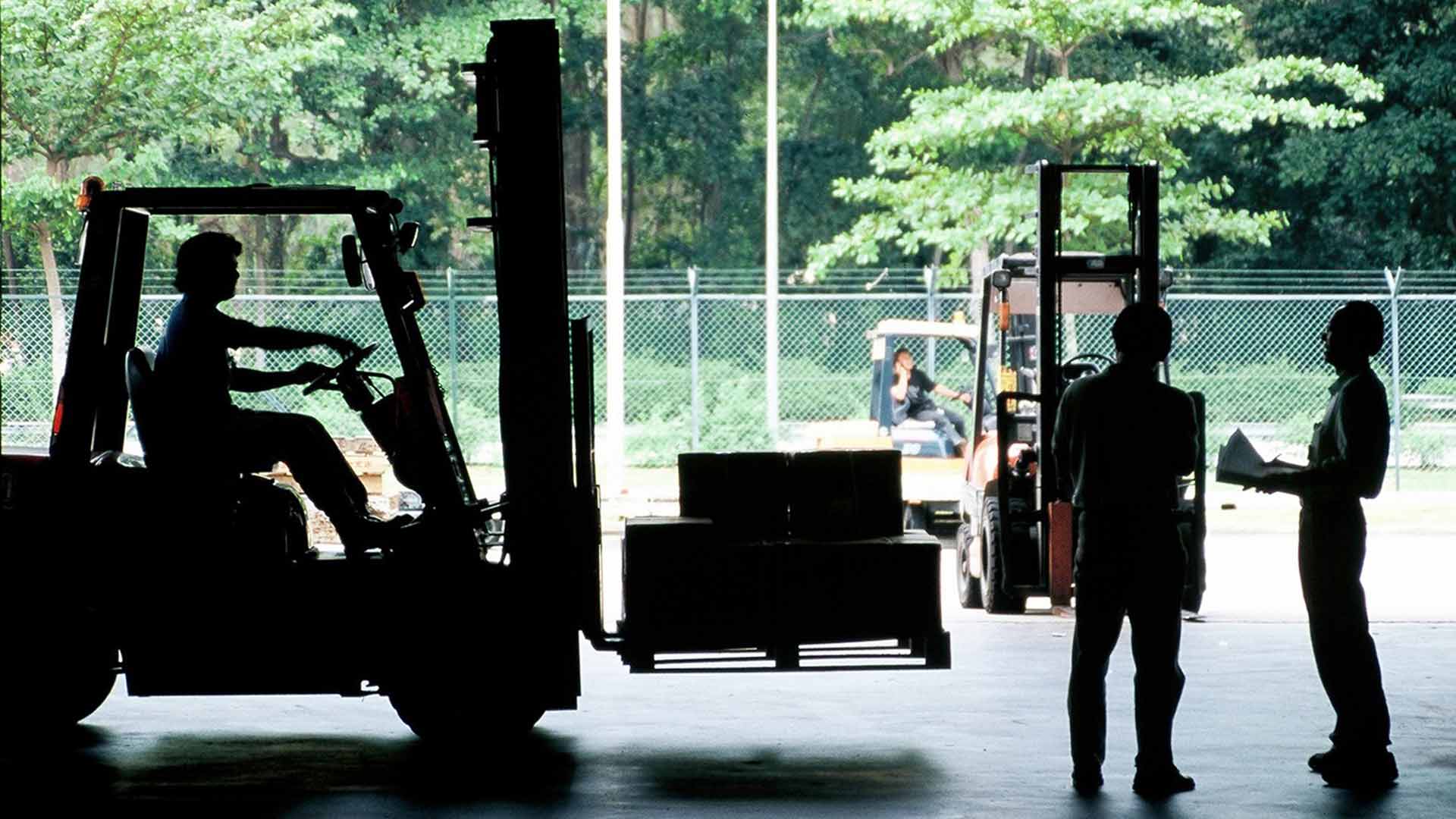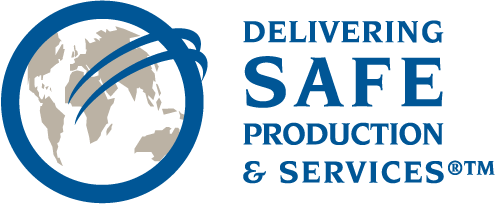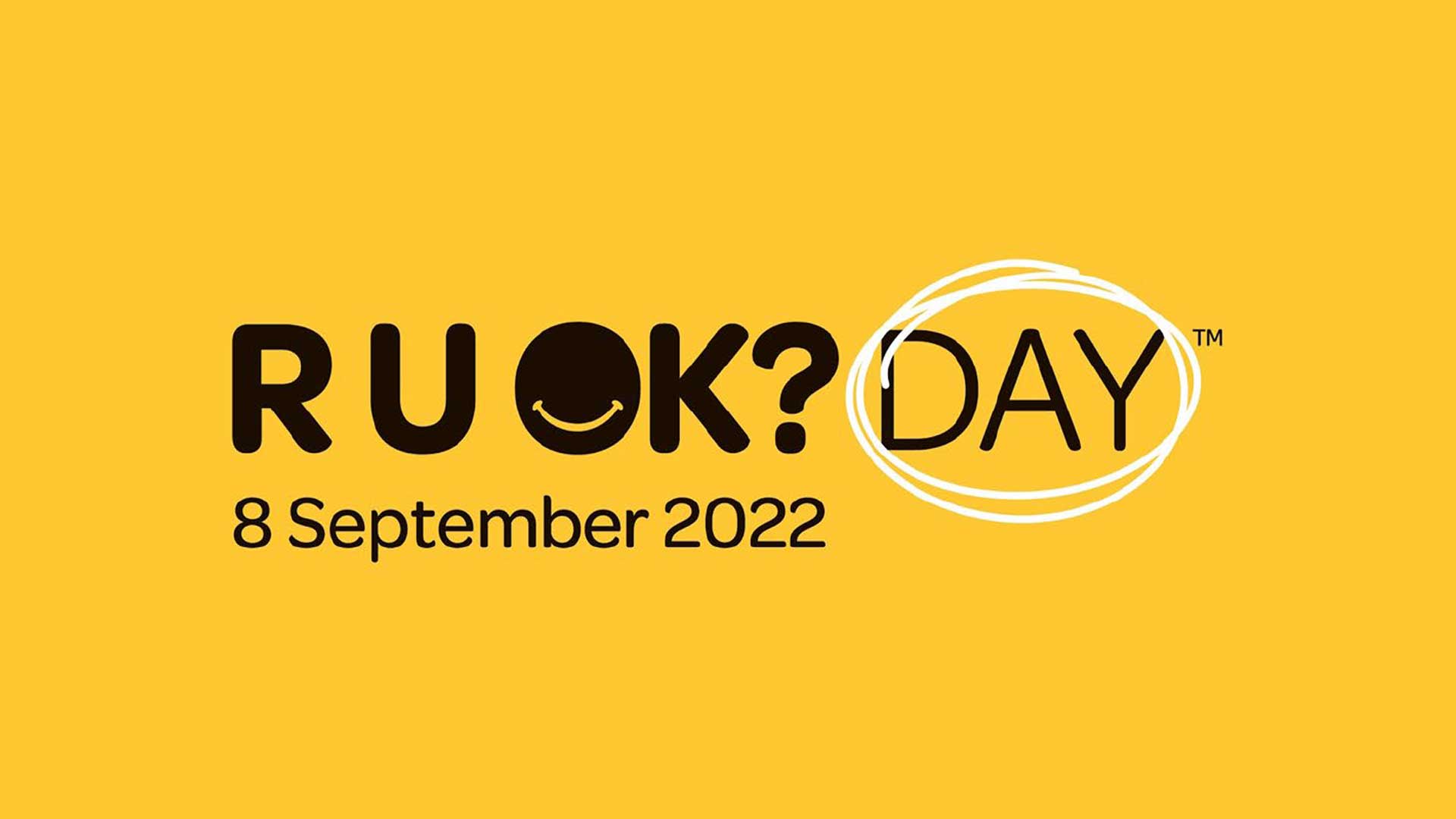by Team DSSP
Share
by Team DSSP
Share

Self Care: Caring for yourself as you care for others
We’re all trying our hardest to make sure COVID-19 has silver linings. We’ve done what we can to re-think work and restructure our organisations. Many of us have adapted to company-wide remote work, and learned to juggle the challenges of working from home. And some people have even managed to develop valuable new skills.

But we have to make sure that each and every person feels comfortable enough to say, ‘This has been an extremely challenging time in my life and I’ve not been coping well’. Promoting self-care and help seeking behaviour is paramount in supporting resilience at work. Above all else, there should be no guilt or shame in asking for help.
If you think you’ve been hearing more about self-care now, you’re right. One indicator: According to Google Trends, the number of searches for “self-care” has more than doubled since 2018 and tracks the peaks and troughs of COVID19.
But self-care shouldn’t just be something we reach for in a crisis, it should be part of our everyday lives especially at work.
Everyone is encouraged to ask for help if ever needed. There should be no shame or guilt in asking for help. The R U OK? skills and caring for each other are learned skills that you can make a part of your everyday. Don’t wait until someone’s really struggling or in a crisis. Ask R U OK? Your conversation could change a life.
The recent energy crisis on the east coast of Australia is potentially a preview of some of the bumps in the road that lay ahead for decarbonisation. Fiona Wild, Vice President, Sustainability and Climate Change at BHP, explained that the “transition is not linear”. Some years, progress may be incredibly rapid, whereas others, it may slow down or even decline.


